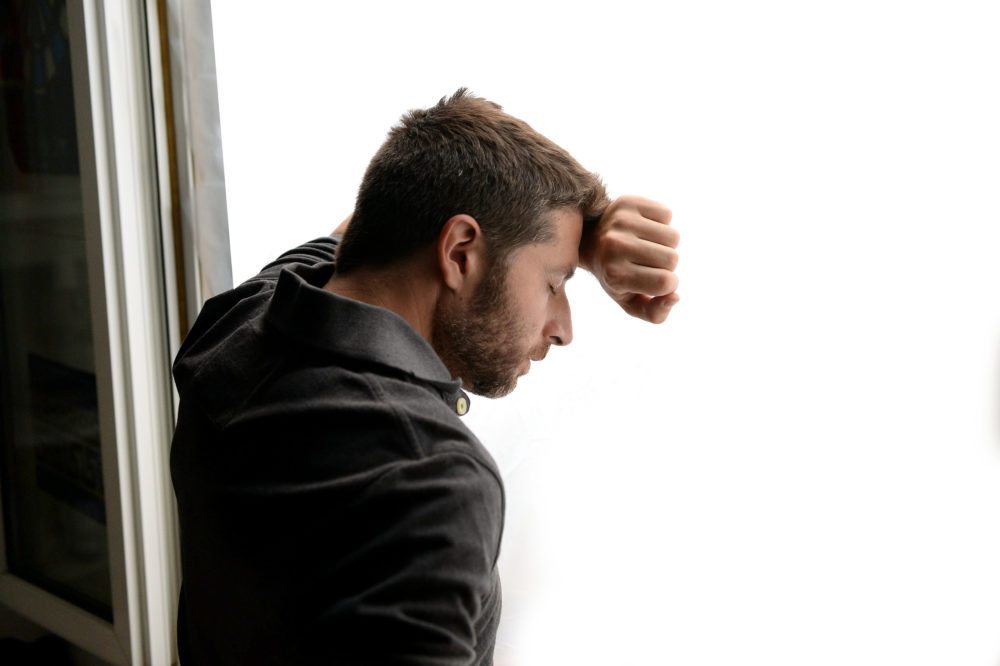As a psychotherapist, the current news around suicide, immigration, and HIV transmission, troubles me greatly.

It is only a matter of months since we heard that Vikki Thompson, despite being known to be at serious risk in custody, was sent to a male prison anyway, resulting in her making the upsetting decision to end her life. The reverberations around the country have been vast – people are now engaging in dialogue about suicide, considering the fate of transgender men and women in the prison estate, alongside considering the wider concerns around the risk of suicide to the LGBTF community. For those of us who are part of this community, the concerns are real, and significant.
But what are, roughly, the facts?
In terms of stats, you are all probably aware that the majority of suicides are male (of the 6,233 reported suicides in the UK during 2013, 4,858 of those were men, and 1,375 were women (Samaritans’ Report, 2015). Males – and usually white males – between the ages of 49 and 65 were particularly at risk, especially professionals such as doctors, social workers, and solicitors. In addition, suicide amongst the LGBT youth is notable, with LGBT teens and young adults having one of the highest rates of suicide attempts in comparison with the rest of the population. The situation is truly disturbing for us, our families, and our friends. For those left behind when someone ends their life, recovery can be arduous at best. Even more sadly, the lack of a therapist who shares the same sexual identity can significantly impact the quality of the therapeutic relationship from developing at all. But what can we do about it?
The statutory services are often less than helpful. Without casting ‘shade’ on my Health colleagues, who work hard under very difficult circumstances, waiting lists remain high, the quick fix agenda is still rampant, and getting a therapy which will actually do what it sets out to do is rarely available, despite promises otherwise. Rather unconventionally, in a country where we expect to be treated for everything for free, my humble suggestion would be for anyone with a need for some emotional support, is to consider paying for the therapy yourself. Here are some things to think about in order to help your decision:
There are often no waiting lists in private practice.
Choice actually means something. If your therapeutic alliance is not working, find someone else.
An hour’s therapy costs the equivalent of a meal out, or a pair of jeans. Your happiness is priceless.
Therapy can take as long as you need it to, not just six sessions.
Many therapies are available online, i.e. Skype, meaning you don’t even need to go out of your home.
Confidentiality is more meaningful, as there will be no trace on your health record. At all.
The thing is, research supports the idea that therapy can be really helpful. For myself (yes, therapists are required to complete their own therapy) the therapy was life-changing. Therapy can help alleviate difficult feelings to the point where, for example, with depression, the impact can rival anti-depressants, and the effects can be felt for much longer afterwards. Some people report that therapy has been profound, with many people wishing they’d made the decision much earlier. Isn’t it about time you considered trying therapy for yourself?
About Andrew Smith:
Andrew is the clinical director of TherAppUK Ltd, an organisation based in Greater Manchester that provides a range of therapeutic solutions to individuals, families, and groups. He is also a doctoral researcher at the University of Huddersfield, and lives in the Calder Valley with his partner, Nigel, their son, a neurotic Chihuahua called Chicky, and two cats. If you have any urgent concerns about your own or someone else’s emotional health, please call 999 or NHS Direct. If this is a matter that can wait until one of our therapists can call you back, please email Andrew on andrew.smith@therapp.org
Provided Content by Andrew Smith (What does this mean?)
Opinions expressed in this article may not reflect those of THEGAYUK, its management or editorial teams. If you’d like to comment or write a comment, opinion or blog piece, please click here.
Opinions expressed in this article may not reflect those of THEGAYUK, its management or editorial teams. If you'd like to comment or write a comment, opinion or blog piece, please click here.



